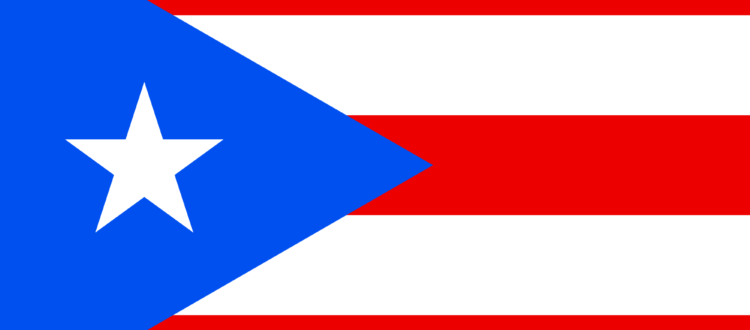Official English Has More Co-Sponsors Than Puerto Rico Statehood Bill
A Florida congressman and Puerto Rico’s non-voting representative have introduced a new bill in the 116th Congress that seeks to make Puerto Rico the 51st state; however, we are pleased to inform you that the English Language Unity Act currently has more co-sponsors in Congress than the Puerto Rico statehood bill.
The Puerto Rico Admission Act of 2019 was sponsored by Rep. Darren Soto of Florida and Puerto Rico Resident Commissioner Jenniffer Gonzalez-Colon. The bill seeks to grant Puerto Rico statehood within 90 days of passage.
Puerto Rico Governor Ricardo Rossello also supports the statehood bill. In the past Gov. Rossello declared: “No longer do we want ambiguity. No longer do we want this kicked down the road. In Congress you’re either with us or you’re against the people of Puerto Rico.”
Puerto Rico is mired in a deep financial crisis after the island declared a type of bankruptcy, and currently it is under the supervision of an oversight board.
Puerto Ricans are U.S. citizens but cannot vote for President. Gonzalez-Colon is a non-voting member of Congress.
ProEnglish Board of Directors Chair Dr. Rosalie Porter has stated that “any legislative attempt by the island to become the 51st state must stipulate that English become its primary official language of the government, courts, and school system.”
Dr. Porter added: “Let’s remember that the 2011 recommendations from President Barack Obama’s Task Force on Puerto Rico’s Status says that if the U.S. commonwealth ever applies for statehood, Congress has ultimate authority over admission and English must play a central role in the daily life of the island. At a minimum, we believe a large majority must become fluent in English for statehood to be even considered.”
Accepting Puerto Rico as a new state, without a specific designation of English as the primary official language of the island, would automatically transform the United States into a bilingual nation. ProEnglish believes that the U.S. should look to Canada’s experience as a bilingual nation in order to remind us of the potential risks and consequences involved, including sharp cultural and political divisions and much higher costs for government-mandated translation and interpretation services.
It will be extremely expensive for U.S. taxpayers if Puerto Rico becomes the 51st state in the union. This new economic burden, along with potential divisions related to cultural politics and a possible lack of assimilation, and combined with no current demand or stipulation that English become the primary official language of the government, courts, and school system on the island, all serve to make Puerto Rico’s statehood bid a very risky proposition at the present time.

